Rex Stewart - Let's Do It (2018)
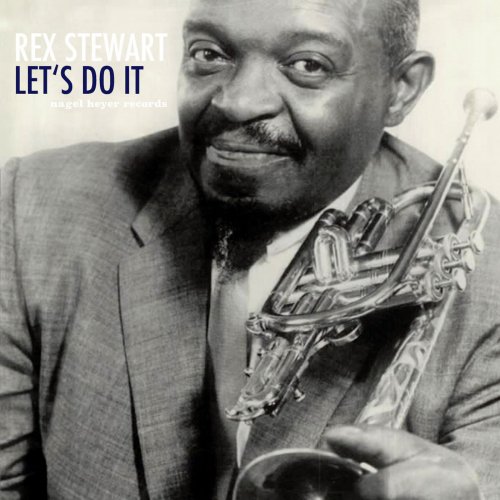
Artist: Rex Stewart
Title: Let's Do It
Year Of Release: 2018
Label: nagel heyer records
Genre: Jazz, Swing
Quality: FLAC (tracks) / MP3
Total Time: 2:06:26
Total Size: 687 / 292 MB
WebSite: Album Preview
Tracklist:Title: Let's Do It
Year Of Release: 2018
Label: nagel heyer records
Genre: Jazz, Swing
Quality: FLAC (tracks) / MP3
Total Time: 2:06:26
Total Size: 687 / 292 MB
WebSite: Album Preview
01. Ain't We Got Fun
02. Little Sir Echo
03. I Gotta Right to Sing the Blues
04. Trade Winds
05. Let's Do It
06. Baby, Ain'tcha Satisfied
07. Ja-Da
08. Let's Call the Whole Thing Off
09. Do Nothing Till You Hear from Me
10. Together
11. My Kind of Gal
12. Frankie and Johnny
13. The Back Room Romp
14. Blue Echo
15. Jeepers Creepers
16. Sugar Hill Shim-Sham
17. Show Me the Way to Go Home
18. Tea and Trumpets
19. Late Date
20. Indigo Echoes
21. Tell Me More
22. Tough Truckin'
23. I May Be Wrong
24. Yellow Dog Blues
25. Love in My Heart
26. Thou Swell
27. I Knew You When
28. Gimme a Little Kiss, Will Ya
29. Pretty Ditty
30. When Your Lover Has Gone
31. Side By Side
32. Drummer's Delight
Rex Stewart achieved his greatest glory in a subsidiary role, playing cornet 11 years in the Duke Ellington Orchestra. His famous "talking" style and half-valve effects were exploited brilliantly by countless Ellington pieces containing perfect passages tailored to showcase Stewart's sound. He played in a forceful, gripping manner that reflected the influences of Louis Armstrong, Bubber Miley, and Bix Beiderbecke, whose solos he once reproduced on record. Stewart played on Potomac riverboats before moving to Philadelphia. He went to New York in 1921. Stewart worked with Elmer Snowden in 1925, then joined Fletcher Henderson a year later. But he felt his talents were not at the necessary level, and departed Henderson's band, joining his brother Horace's band at Wilberforce College. Stewart returned in 1928. He remained five years and contributed many memorable solos. There was also a brief period in McKinney's Cotton Pickers in 1931, a stint heading his own band, and another short stay with Luis Russell before Stewart joined the Ellington Orchestra in 1934.
He was a star throughout his tenure, co-writing classics "Boy Meets Horn" and "Morning Glory." He also supervised many outside recording sessions using Ellingtonians. After leaving, Stewart led various combos and performed throughout Europe and Australia on an extensive Jazz at the Philharmonic tour from 1947-1951. He lectured at the Paris Conservatory in 1948. Stewart settled in New Jersey to run a farm in the early '50s. He was semi-retired, but found new success in the media. He worked in local radio and television, while leading a band part-time in Boston. Stewart led the Fletcher Henderson reunion band in 1957 and 1958, and recorded with them. He played at Eddie Condon's club in 1958 and 1959, then moved to the West Coast. Stewart again worked as a disc jockey and became a critic. While he published many excellent pieces, a collection containing many of his best reviews, Jazz Masters of the Thirties, came out posthumously. There's also a Stewart autobiography available. ~ Ron Wynn
He was a star throughout his tenure, co-writing classics "Boy Meets Horn" and "Morning Glory." He also supervised many outside recording sessions using Ellingtonians. After leaving, Stewart led various combos and performed throughout Europe and Australia on an extensive Jazz at the Philharmonic tour from 1947-1951. He lectured at the Paris Conservatory in 1948. Stewart settled in New Jersey to run a farm in the early '50s. He was semi-retired, but found new success in the media. He worked in local radio and television, while leading a band part-time in Boston. Stewart led the Fletcher Henderson reunion band in 1957 and 1958, and recorded with them. He played at Eddie Condon's club in 1958 and 1959, then moved to the West Coast. Stewart again worked as a disc jockey and became a critic. While he published many excellent pieces, a collection containing many of his best reviews, Jazz Masters of the Thirties, came out posthumously. There's also a Stewart autobiography available. ~ Ron Wynn

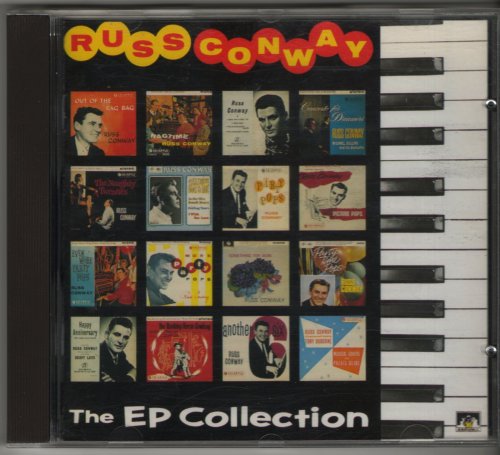
![Jan Harbeck Quartet - Arena (2026) [Hi-Res] Jan Harbeck Quartet - Arena (2026) [Hi-Res]](https://img.israbox.com/img/2026-02/21/ta1geqbunymda1vazij2b7te7.jpg)
![Joe Pass - Virtuoso (1974) [2025 DSD256] Joe Pass - Virtuoso (1974) [2025 DSD256]](https://www.dibpic.com/uploads/posts/2026-02/1771609997_ff.jpg)
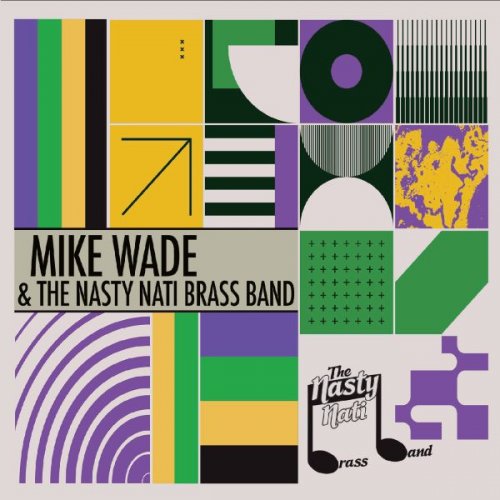
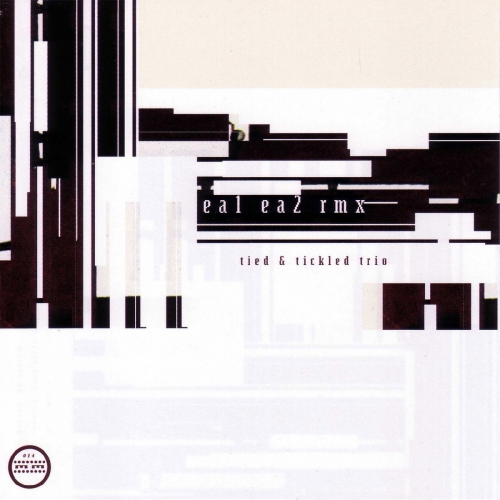
![Magda Mayas' Filamental - Murmur (2026) [Hi-Res] Magda Mayas' Filamental - Murmur (2026) [Hi-Res]](https://www.dibpic.com/uploads/posts/2026-02/1771663724_i3cjtptz4ae2l_600.jpg)
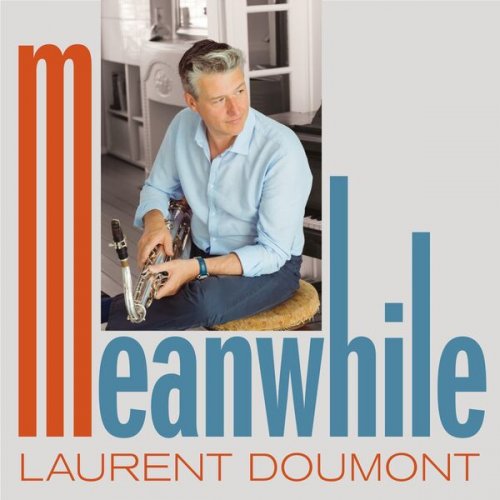
![Tom Braxton - Flashback (2026) [Hi-Res] Tom Braxton - Flashback (2026) [Hi-Res]](https://www.dibpic.com/uploads/posts/2026-02/1771426129_1.jpg)